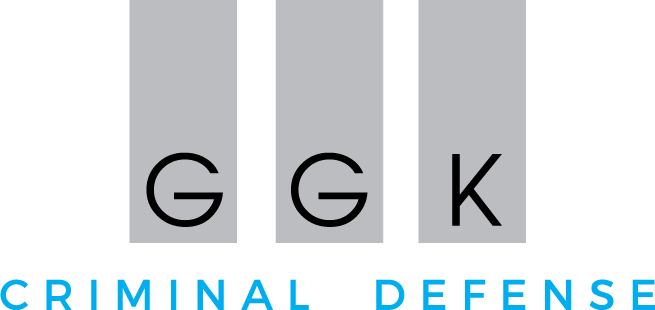Earlier this summer, the Supreme Court of the United States ruled that police do not require a warrant to administer a breath alcohol test after an arrest for drunk driving. But they also ruled that police do require a warrant to administer a blood alcohol test.
Three separate defendants, each charged with criminal offenses after failing to submit to blood or breath tests in North Dakota and Minnesota, filed lawsuits against their respective states. The defendants argued that the forced sobriety tests violated their constitutional rights under the Fourth Amendment, which protects citizens from unreasonable search and seizure.
Their cases made it all the way to the U.S. Supreme Court, as a consolidated case called Birchfield v. North Dakota.
Their argument was based on the fact that, typically, before a police officer can invade a person’s privacy, they must first obtain a search warrant from a judge. Before the decision, it was unclear whether forced sobriety tests were an invasion of privacy under the Fourth Amendment. The Supreme Court’s decision in Birchfield gives us the answer.
What the Court Said In Its Ruling
In a 5-3 decision, the Supreme Court decided that breath tests are not an invasion of privacy, and thus, states are within their rights to require citizens to submit to testing even without a warrant. However, blood tests are an invasion of privacy, according to the Supreme Court, due to their inherently invasive nature.
Justice Samuel Alito wrote the majority opinion. He was joined by Chief Justice John Roberts and Justices Elena Kagan, Anthony Kennedy, and Stephen Breyer. Alito wrote:
“Because breath tests are significantly less intrusive than blood tests and in most cases amply serve law enforcement interests, we conclude that a breath test, but not a blood test, may be administered as a search incident to a lawful arrest for drunk driving. As in all cases involving reasonable searches incident to arrest, a warrant is not needed in this situation.”
The Court considered blood tests a “significant privacy concern” because test administrators must pierce the skin and the government retains a biological sample from the suspect.
What the Dissenting Judges Said
Of course, three of the Justices wrote two dissenting opinions. Justices Sonia Sotomayor and Justice Ruth Bader Ginsburg argued that the Fourth Amendment prohibits both breath and blood tests without a warrant or exigent circumstances.
Sotomayor wrote:
“This court has never said that mere convenience in gathering evidence justifies an exception to the warrant requirement. I fear that if the court continues down this road, the Fourth Amendment’s warrant requirement will become nothing more than a suggestion.”
Justice Clarence Thomas, on the other hand, wrote a partial dissent, arguing that neither breath tests nor blood tests should require warrants.
What Does this Mean for California Drivers?
Under California state law, if a police officer arrests a driver for suspicion of driving under the influence (DUI), the driver may choose between a breath or blood test. [CA Vehicle Code Section 23612(a)(2)]
California is among the many states with implied consent laws [CA Vehicle Code Section 23612(a)(1)(A)], stating that drivers give their consent to chemical testing (blood or breath) by obtaining a driver’s license. The ruling seems to give weight to these implied consent laws in regards to breath tests, but may invalidate them in regards to blood tests.
Further complications could arise in California if marijuana is legalized this November. Driving under the influence of drugs (DUID) will likely be a real concern if the legalization ballot proposition passes, especially since breath tests cannot detect marijuana impairment. Blood tests, which the Supreme Court just held to be an invasion of privacy in drunk driving cases, are the most common way to detect marijuana. California also has an implied consent law regarding chemical testing of blood for determining drug impairment. [CA Vehicle Code 23612(a)(1)(B)]
Whether or not this rule will hold for DUID cases is yet undetermined.
Arrested for DUI in California? Call Greenberg, Greenberg & Kenyon, APLC
If you were arrested for driving under the influence of alcohol or drugs, immediately call Greenberg, Greenberg & Kenyon, APLC at 951-274-0003. We defend those facing DUI charges as well as those who refuse breath or blood tests.





